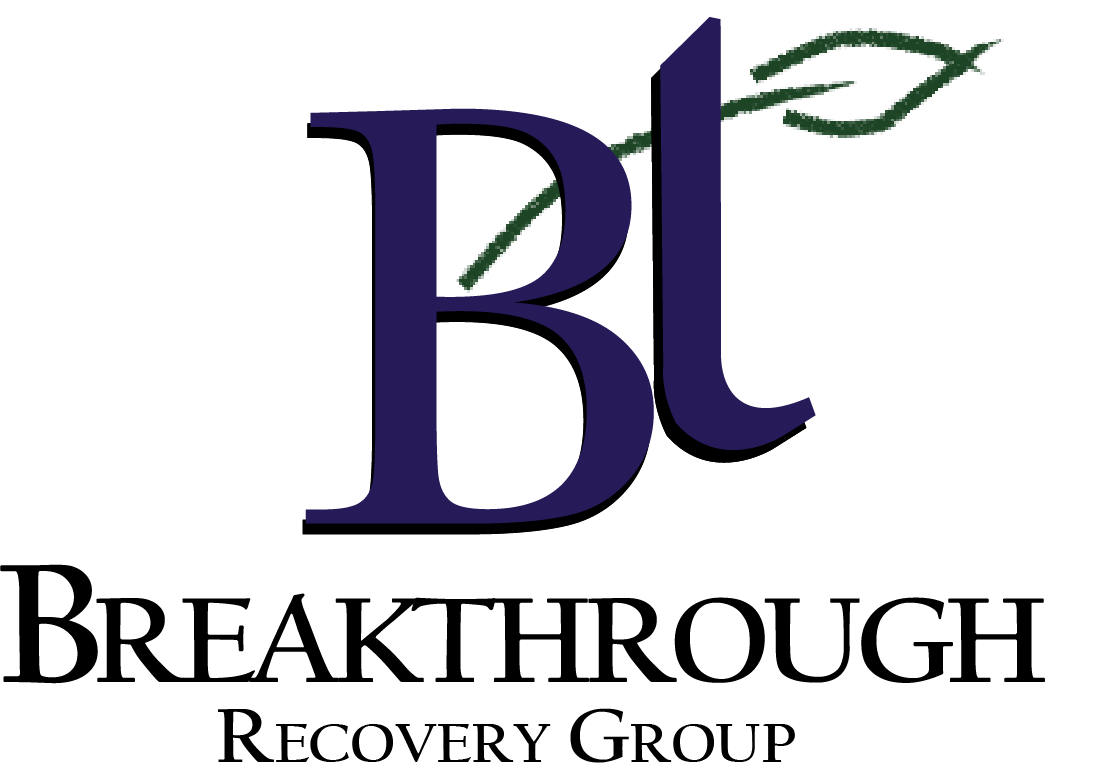
Setting Up a Spokane Drug Assessment
In Spokane, the need for comprehensive drug assessments has grown significantly as the community strives to address substance use disorders more effectively. These assessments serve as a foundational step in identifying individuals’ specific needs and tailoring treatment strategies to support recovery. Given the diverse challenges faced by individuals struggling with addiction, personalized assessments become crucial in fostering long-term success.
Drug assessments are vital for understanding the extent of an individual’s substance use and its impact on their life. Assessors gather detailed information on various factors, including family history, mental health, and previous treatment experiences. This information then guides healthcare professionals in developing a personalized treatment plan that aligns with the client’s goals and circumstances.
The Assessment Process at BTRG Spokane
BTRG Spokane offers a thorough assessment process tailored to meet the unique needs of every client in their care. The evaluation begins with an open and honest dialogue between the client and a skilled therapist, aiming to establish trust and rapport. This relationship is essential for gathering accurate information that reflects the client’s situation.
The assessment typically involves a detailed interview covering various aspects of the client’s life, including substance use patterns, emotional well-being, and co-occurring mental health issues. The goal is not only to diagnose any disorders but also to understand the root causes and contributing factors, ensuring that the treatment plan is holistic and effective.
Once the interview is complete, therapists at BTRG Spokane collaborate with the client to review findings and discuss potential treatment paths. By engaging clients in their recovery journey, BTRG Spokane fosters a sense of ownership and empowerment, encouraging individuals to take active roles in their healing process.
Key Elements of a Drug Assessment
Several essential components make up a comprehensive drug assessment, helping to paint a full picture of an individual’s circumstances. These components often include:
- Substance Use History: Details about the types, frequency, and duration of substance use.
- Mental Health Evaluation: Screening for co-occurring mental health disorders that may influence or exacerbate addiction.
- Social and Environmental Factors: Understanding family dynamics, employment status, and social support systems.
- Medical History: Reviewing any physical health concerns that could affect treatment options and recovery.
By addressing each of these areas, the assessment process ensures that no aspect of a client’s experience is overlooked, paving the way for a more effective treatment journey.
Advantages of Individualized Treatment Plans
Individualized treatment plans, informed by thorough drug assessments, provide several distinct advantages over one-size-fits-all approaches. By considering each client’s unique background and needs, personalized plans are more likely to resonate with the individual, increasing the chances of successful recovery.
One major benefit of individualized treatment is the ability to adapt strategies as clients progress, ensuring that the therapeutic approach evolves alongside the client’s changing needs. This flexibility is crucial, as it allows therapists to address new challenges or goals as they arise, preventing stagnation in the recovery process.
Moreover, personalized treatment plans often incorporate a variety of therapeutic modalities, such as cognitive-behavioral therapy or family counseling, to address different aspects of the individual’s experience. This holistic approach recognizes that addiction is not solely a behavioral issue but a complex interplay of factors, necessitating a comprehensive response.
By prioritizing individual needs, BTRG Spokane’s approach to spokane drug assessment exemplifies the principles of effective, client-centered care. This dedication to personalized treatment underscores the importance of assessments in the path to recovery.
Personal Experiences and Insights
Many individuals who have undergone a spokane drug assessment at BTRG Spokane have shared profound insights into their journey toward recovery. One client noted how the initial assessment helped them uncover underlying emotional challenges they were unaware of, leading to a more targeted treatment approach.
Therapists at BTRG Spokane often draw on their professional experiences to offer empathetic and insightful support. Through years of working with diverse clientele, they have witnessed the transformative power of a well-conducted assessment in setting clients on a path to healing and growth.
The human touch in the assessment process cannot be overstated, as it fosters an environment of trust and safety. Clients frequently express gratitude for the personalized attention and care they receive, acknowledging that the assessment process was instrumental in their decision to pursue and stick with treatment.
Considering Accessibility and Inclusivity
Accessibility and inclusivity are vital considerations in the delivery of effective drug assessments, especially in diverse communities like Spokane. BTRG Spokane is committed to ensuring that all individuals, regardless of background or circumstances, have access to high-quality assessments and treatment services.
To achieve this, BTRG Spokane has implemented various strategies, such as offering sliding-scale payment options and ensuring that assessments are culturally sensitive and language-appropriate. These measures ensure that financial or linguistic barriers do not prevent individuals from accessing the help they need.
Challenges in Drug Assessment
Despite the importance of drug assessments, several challenges can arise in their implementation. One significant challenge is obtaining accurate and comprehensive information during the assessment process, as clients may struggle with trust or fear of judgment.
Building a rapport with clients is crucial in overcoming these challenges, allowing assessors to create a safe and non-judgmental space. This is where the expertise and empathy of BTRG Spokane’s therapists truly shine, as they are skilled in encouraging open communication and fostering an environment of honesty and understanding.
Innovations in Drug Assessment Practices
Recent innovations in drug assessment practices have focused on integrating technology to enhance accuracy and efficiency. Digital platforms allow for the collection of comprehensive data while maintaining confidentiality and security. By utilizing these tools, BTRG Spokane has streamlined the assessment process, making it more accessible and less time-consuming.
Furthermore, advances in telehealth have expanded the reach of drug assessments, providing remote consultations and assessments to clients who may face mobility challenges or live in rural areas. This ensures that the services offered by BTRG Spokane extend beyond traditional boundaries, reaching those most in need of support.
Professional Development and Continuous Learning
At BTRG Spokane, continuous professional development for staff is a cornerstone of maintaining high standards in drug assessment practices. Therapists regularly engage in training programs and workshops to stay abreast of the latest industry advancements and best practices.
This commitment to learning translates to more effective and informed assessments, ensuring that clients receive the highest quality of care and the most up-to-date treatment strategies. By prioritizing professional growth, BTRG Spokane demonstrates its dedication to delivering impactful, evidence-based interventions to those in need.

What is the importance of drug assessment in Spokane?
Drug assessment in Spokane serves as a critical cornerstone in addressing substance use disorders within the community. By conducting thorough assessments, professionals can identify the unique challenges and needs of each individual. This ensures that the treatment strategies are well-aligned with the person’s lifestyle, history, and recovery goals. For instance, consider a client who has previously attempted recovery but relapsed due to unaddressed mental health issues. A comprehensive assessment can uncover these underlying factors, enabling a more tailored and effective treatment plan. By taking into account the personal nuances of each case, Spokane’s approach to drug assessment aids in fostering long-term recovery and reducing relapse rates.
How does the assessment process at BTRG Spokane differ from others?
The assessment process at BTRG Spokane stands out due to its emphasis on trust and collaboration. The initial phase involves open dialogues between clients and therapists, fostering a safe environment where individuals feel comfortable sharing their experiences. This rapport is crucial for gathering accurate information, which forms the basis of the personalized treatment plans. Imagine a scenario where a client feels judged; it’s unlikely they’ll be completely honest. However, at BTRG Spokane, the approach prioritizes empathy and understanding, encouraging honest communication and leading to more effective treatment outcomes. This client-centered methodology ensures that individuals are not passive recipients of care but active participants in their recovery journey.
What are the key elements of a drug assessment?
A comprehensive drug assessment typically includes several key components such as substance use history, mental health evaluation, social and environmental factors, and medical history. Each element provides vital insights into the individual’s life and challenges. For example, understanding one’s substance use patterns can highlight triggers or specific substances that pose a higher risk. Concurrently, evaluating mental health can reveal co-occurring disorders requiring integrated treatment. A hypothetical person might have a supportive family environment but lack personal coping mechanisms, directing the focus of a treatment plan accordingly. By addressing each of these areas, assessments ensure that no aspect of the client’s experience is overlooked, paving the way for an effective and personalized recovery path.
Why are individualized treatment plans advantageous?
Individualized treatment plans offer significant advantages as they allow for a more tailored approach to recovery. Unlike generic strategies, personalized plans consider the client’s unique background, which can include cultural factors, past experiences, and specific recovery goals. For example, a young adult struggling with both addiction and anxiety might benefit from a combination of cognitive-behavioral therapy and mindfulness techniques, whereas another client might need more extensive family counseling. This adaptability ensures that treatment evolves with the client’s progress, addressing new challenges as they arise. Engaging with personalized plans often leads to higher success rates because they resonate more deeply with the individual’s specific circumstances and needs. What aspects of your own experiences might influence a personalized approach to treatment?
How does BTRG Spokane address accessibility and inclusivity in assessments?
At BTRG Spokane, accessibility and inclusivity are integral to service delivery. Recognizing the diverse needs of Spokane’s community, BTRG ensures that all individuals have access to high-quality assessments and treatments. One way they achieve this is through sliding-scale payment options, making financial barriers less of a hindrance. Additionally, assessments are conducted with cultural sensitivity and are available in multiple languages, ensuring that language barriers do not prevent individuals from receiving the help they need. Imagine a non-English speaking client feeling understood and respected during their assessment; this not only enhances the quality of care but also promotes trust and engagement. How might accessibility features improve willingness to seek support in your own community?
What innovations have enhanced drug assessment practices at BTRG Spokane?
BTRG Spokane has embraced several innovations to enhance the drug assessment process, with technology playing a significant role. The use of digital platforms allows for comprehensive data collection while maintaining confidentiality, improving accuracy and efficiency. For clients in rural or inaccessible areas, telehealth options provide the opportunity to participate in assessments from their own homes, breaking down geographical barriers. Imagine a client living in a remote area who can now access comprehensive care without the need to travel long distances. These technological advancements not only streamline the process but also expand the reach of services to those who might otherwise be overlooked. What other areas of healthcare could benefit from similar technological integrations?
Resources
- Substance Abuse and Mental Health Services Administration – SAMHSA is the leading agency in the U.S. promoting behavioral health, offering resources, and support for substance abuse treatment.
- National Institute on Drug Abuse – NIDA conducts research on drug abuse and addiction and provides valuable information on prevention, treatment, and recovery.
- National Alliance on Mental Illness – NAMI is a grassroots mental health organization providing education, support, and advocacy for individuals and families affected by mental illness.
- Centers for Disease Control and Prevention – The CDC offers comprehensive information on substance use and addiction, including data, resources, and prevention strategies.




